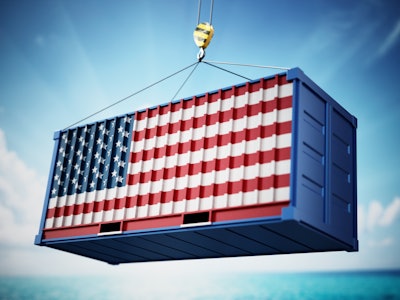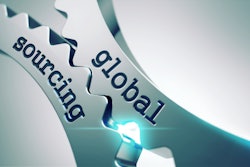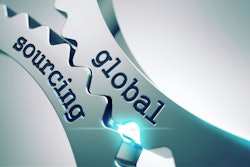
It’s too soon to say whether the Federal Reserve’s efforts to reduce inflation will lead to a recession, but continuing interest rate hikes increase the chances, according to Chief Economist Jack Kleinhenz, National Retail Federation (NRF).
“This year starts with the possibility of easing inflation but also uncertainty,” Kleinhenz says. “There is no easy fix for inflation, and the Fed’s job of trying to bring down rising prices without damaging the labor market or the rest of the economy is not enviable. It isn’t impossible to sidestep a recession, but when the economy slows it becomes very fragile and the risk rises significantly. If a recession is in the cards, it will likely be rising interest rates that set it off.”
From National Retail Federation (NRF):
- The Fed increased interest rates another one-half percentage point in December even though year-over-year inflation as measured by the Consumer Price Index fell to 7.1% in November. Inflation was down from 7.7% in October for the fifth consecutive monthly decline after a peak of 9.1% in June. The interest rate hike was smaller than recent three-quarter-point increases but took rates to their highest level in 15 years and showed “the battle against inflation is still at hand.“
- Even though inflation has fallen, “it remains in the pipeline and is not going away,” an NRF states. “Americans are still out spending” – fueled by growing jobs and wages, built-up savings and careful use of credit – and “healthy” 2022 holiday sales showed “while consumers don’t like higher prices, they are able and willing to pay them.”
















